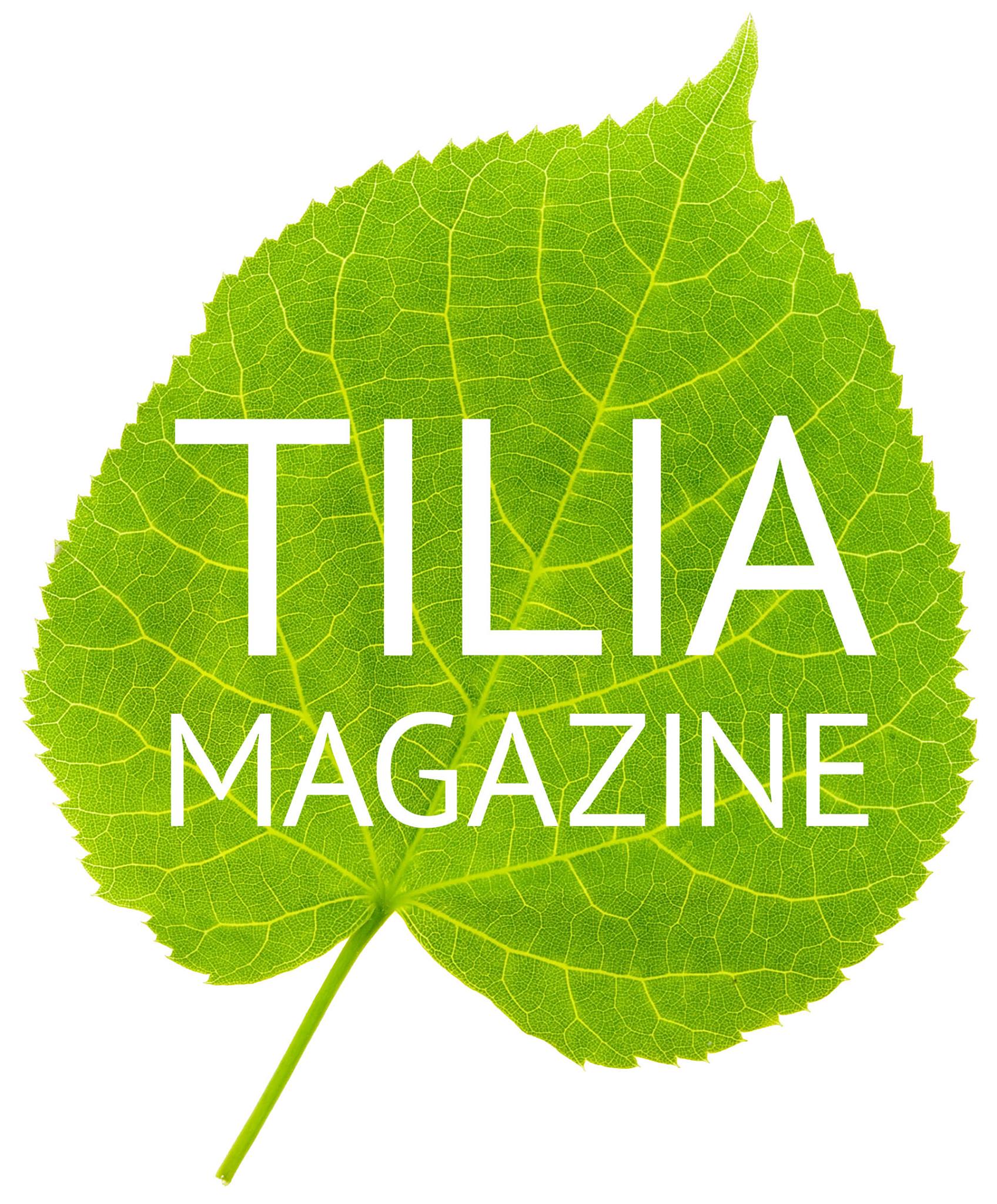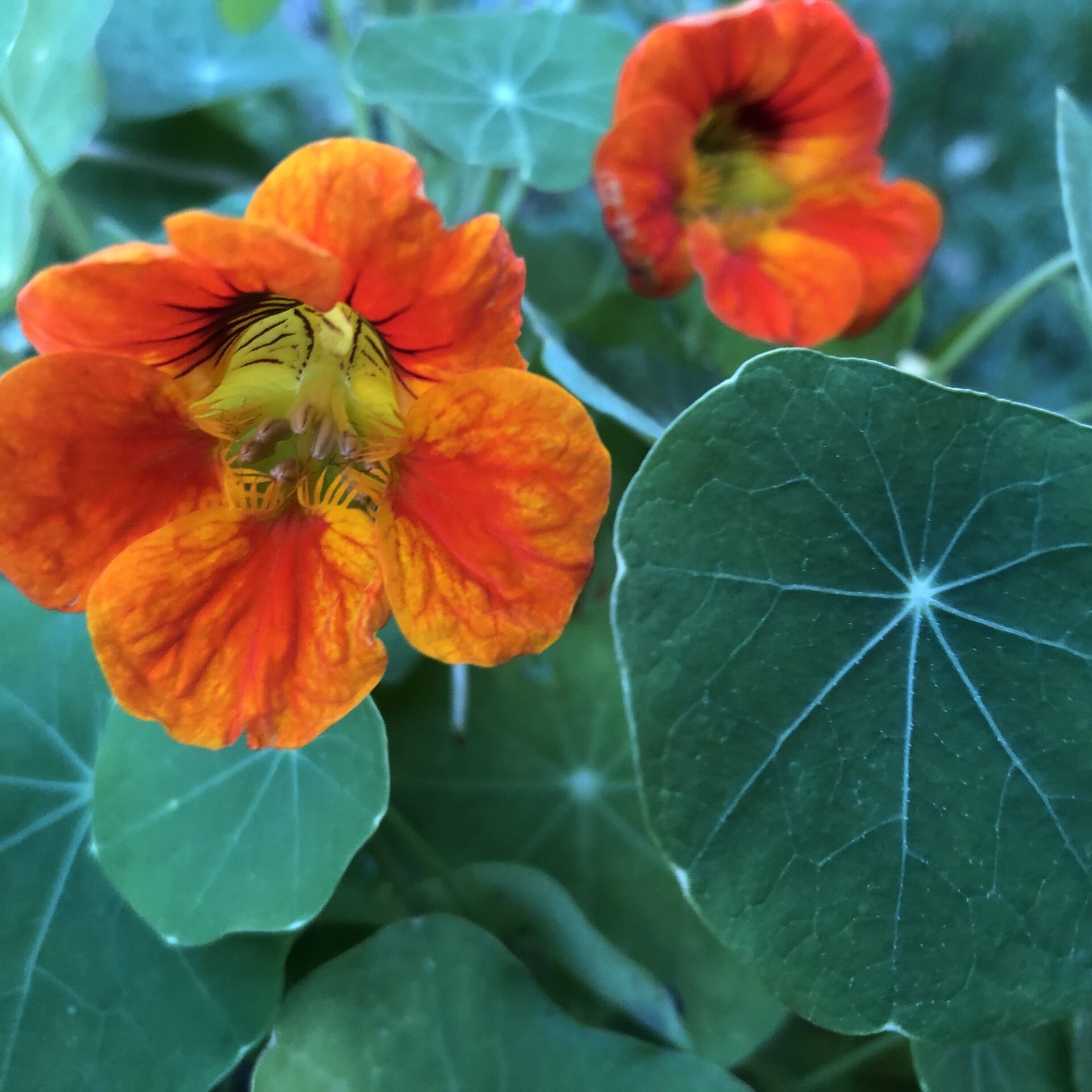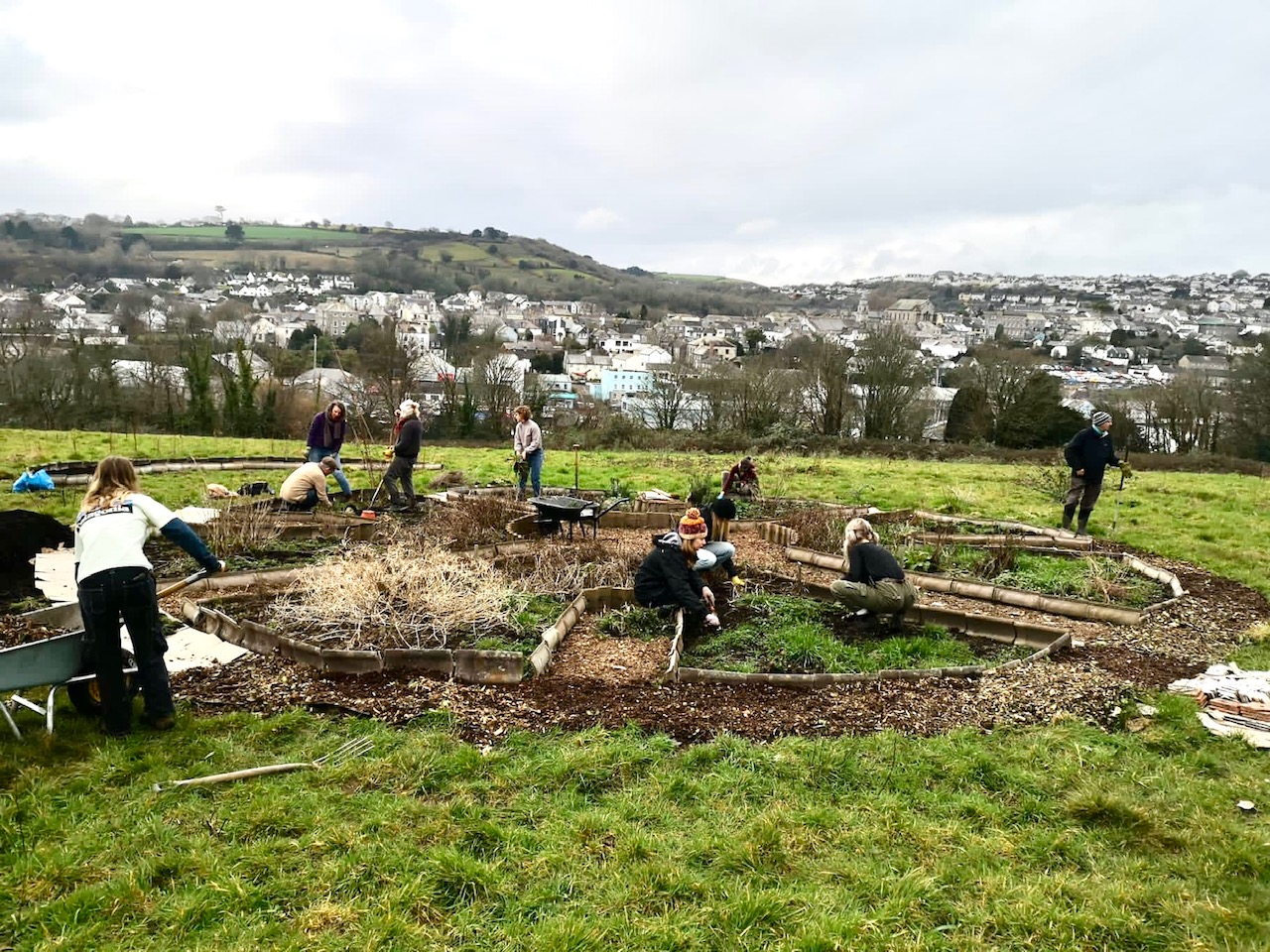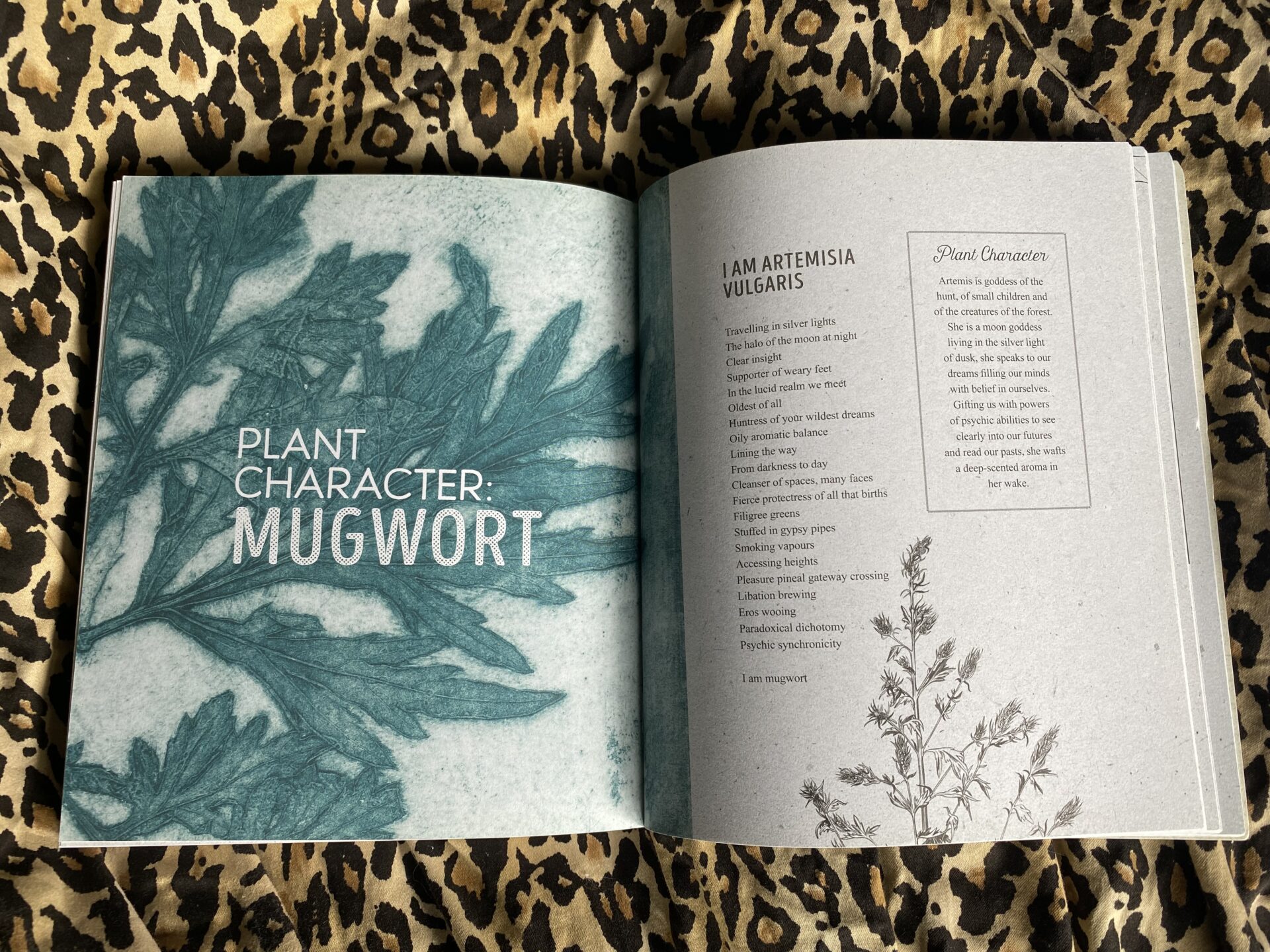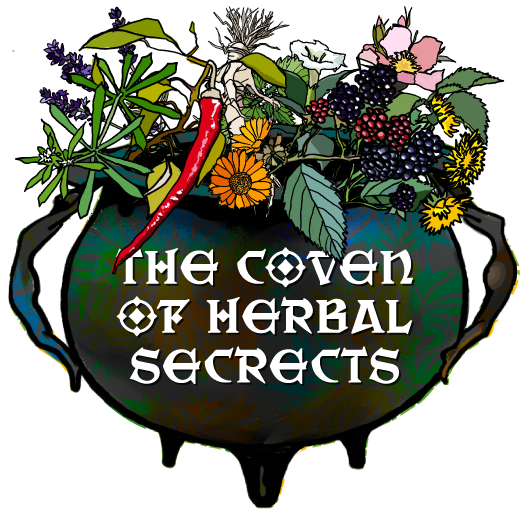Our guest blogger this month is Laura Carpenter who talks here about founding Tilia Magazine. At Sensory Solutions, we strive to create and support a global network of people growing, making and using herbal medicine. Tilia magazine was founded as a publication that “could transcend the varying organisations and groups active in the UK and Ireland.” Tilia is a great space for uniting herblists accross the our beautiful land, we love it and hope you enjoy hearing more about its creation.
Wishing you all abundance in your own creations…
Love,

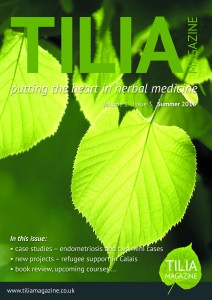
I suppose the real reason I set up Tilia Magazine was because I wanted to read something that was relevant to me. I was a subscriber of several of the American herbal medicine magazines and while they were often useful and beautifully written, I didn’t always feel very connected to the places and plants they were talking about.
On a trip to New Zealand last year, I went to a herbal medicine conference and they had a magazine/journal that they produce which I thoroughly enjoyed. Again, only some of the content was relevant but it was a lot closer to what I was looking for.
Having been the editor of Herbal Thymes (the National Institute of Medical Herbalists’ newsletter) for several years, I gained some knowledge of editing and what it takes to get herbalists to actually submit things (always a challenge!). But the remit of the newsletter was, I felt, rather restrictive. I wanted to speak to all herbalists not just NIMH members but those in different PAs and those who are independent.
I started to brain storm what I wanted from a magazine and how it would be different from other publications. The first thing I wanted was that it be written by ‘every day’ herbalists for ‘every day’ herbalists. So many of the other publications have famous herbalists from around the world, and while that’s lovely to read about, I didn’t want it to be the sole focus of the magazine. I wanted something that I could pick up and be inspired by it because it was relevant to me.
So I knew I wanted to be independent and non-profit, and cross the boundaries between the PAs and independent herbalists. The time for divisions is over and I thought that maybe a magazine might help to bring us together as a community. I’m not sure the magazine is enough but it’s certainly a start.
I wanted the magazine to be affordable, herbalists generally don’t make a lot of money and so an online magazine written by herbalists for herbalists is actually really cost effective to produce. Not only that but it means no printing, so to me was the more ecologically sustainable option.
I also knew that I didn’t want the magazine to be funded by advertising, in so many publications the adverts form more of the magazine than the content and that drives me mad. I know often the advertising fees are used to supplement the costs of producing magazines but that just isn’t for me.
I decided to apply to the NIMH Education fund* to see if they would be able to cover some of the start-up costs, for example the website hosting fees and the cost of the publishing software. I wrote a brief of what I wanted to achieve and how I was going to do it and it was presented to their panel and accepted. We are very grateful to them for taking a chance on something that’s not been done before.
Tilia magazine was taking shape but I wanted it to be truly independent and fair, and so to do that I wanted a panel of editors that represented the diversity of herbal medicine in the UK and Ireland today. I asked many herbalists if they would be interested and I have ended up with an excellent panel of dedicated editors. Some belong to PAs and some don’t, some practice in the UK and some in Ireland, some have been in practice for many years, others only a handful of years. And we don’t all agree! Thank goodness, that would be very boring! So we discuss any decisions that need to be made and try to come to a unanimous decision.
Something we all try to achieve in each issue is a balance. There are other publications out there that cover spiritual aspects of plants and others that cover the more biochemical side. I wanted something that could include both when needed but be a middle ground. Something that would appeal to all herbalists, whether they’re someone who grows their own plants and uses plant spirit medicine, to someone who uses standardised extracts. We’re all herbalists and I want to celebrate our diversity instead of saying one way is better than another.
Tilia magazine is really only in its infancy and I’m not sure where it’s going to go. I would love to have more herbalists involved and really get people into sharing what they do and why it works for them. Hopefully that will come with time, as with anything in herbal medicine; it can take years to get established.
http://www.tiliamagazine.co.uk/
*The NIMH education & research fund was launched on 30th October 1973 and registered as a charity. It set a target of £250,000 to raise to fund training of herbal practitioners and research into herbal remedies. Fred Fletcher Hyde was the original Chair and the board of trustees included Albert Priest & Albert Orbell & Nalda Gosling (who is still a member today). Despite many fund raising events enough money was not raised for the hoped for school and research department. The money was therefore invested and administered by a board of trustees. Any herbalist can apply for funding by submitting a bid you do not have to be a NIMH member. Two successful bids were the Preston Training Clinic at UCLAN and the initial set up for the NIMH journal. Further information can be obtained from Paul Hambly ([email protected]).
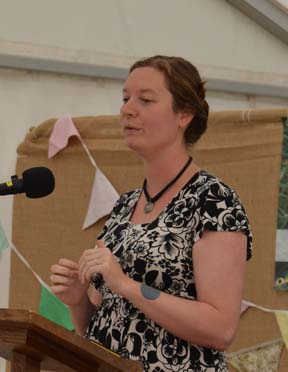
Laura Carpenter began a BSc (Hons) Herbal Medicine in 2003 at the University of Central Lancashire (UCLAN), but due to family commitments stopped in 2004. She completed the BSc course at the University of East London (UEL) in 2013. Laura is a member of the National Institute of Medical Herbalists (NIMH), is a past editor of NIMH’s Herbal Thymes magazine, and past member of the Postgraduate training board. Laura has a passion for native British medicinal plants and specialises in helping patients with endometriosis. She practices from her home clinic in Wellington, Somerset, England.

